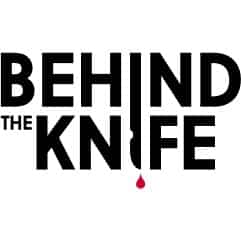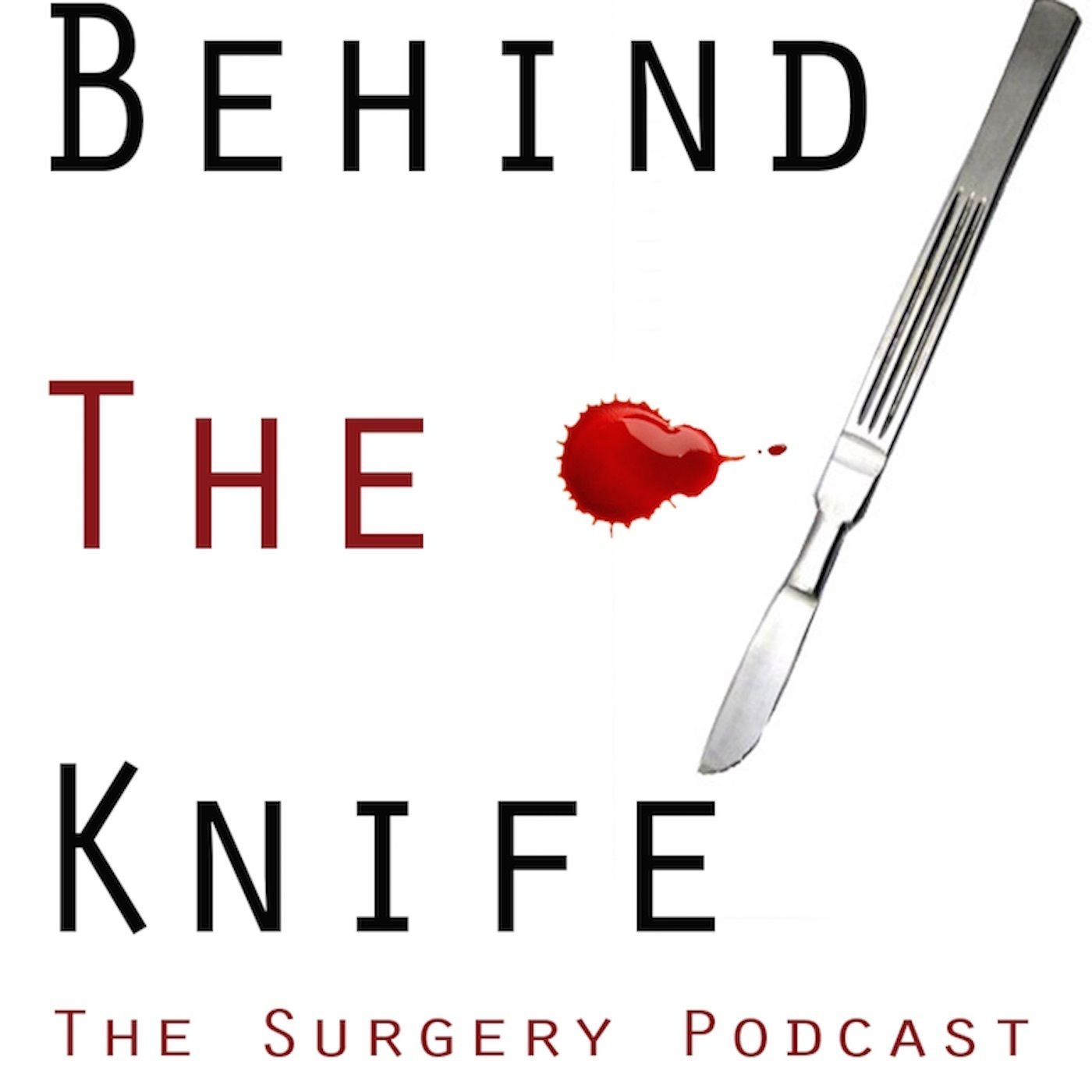
Sometimes, physicians must let patients and their families know about a severe illness or injury, a cancer diagnosis, a poor prognosis, the occurrence of unwanted and significant side effects, the ineligibility for a clinical trial or transplant, sudden and unexpected death; other times, they’re telling patients the treatment or surgery they thought may work has failed, and it’s time to begin preparing for end-of-life care.
Read the ACS Bulletin here.

